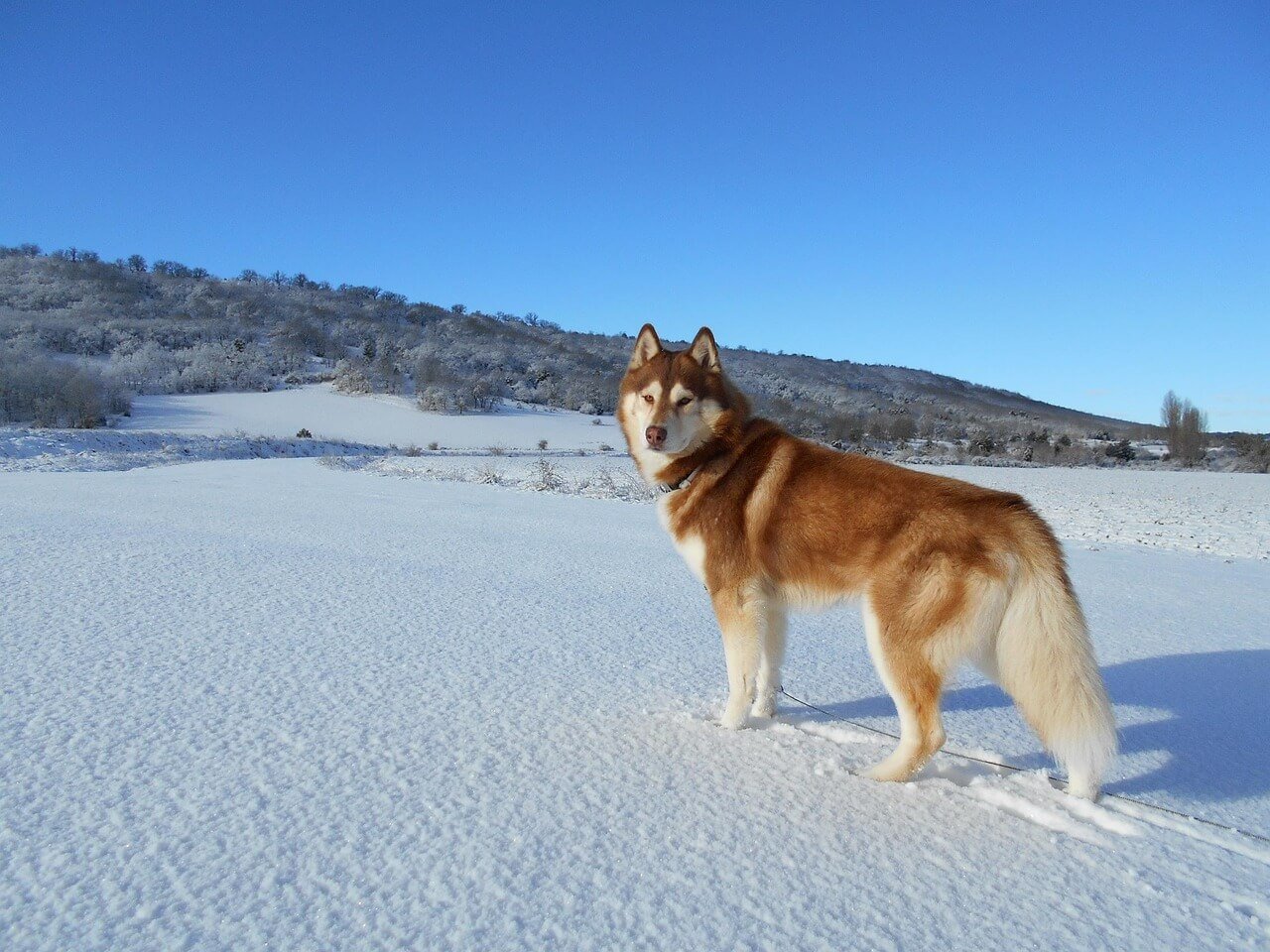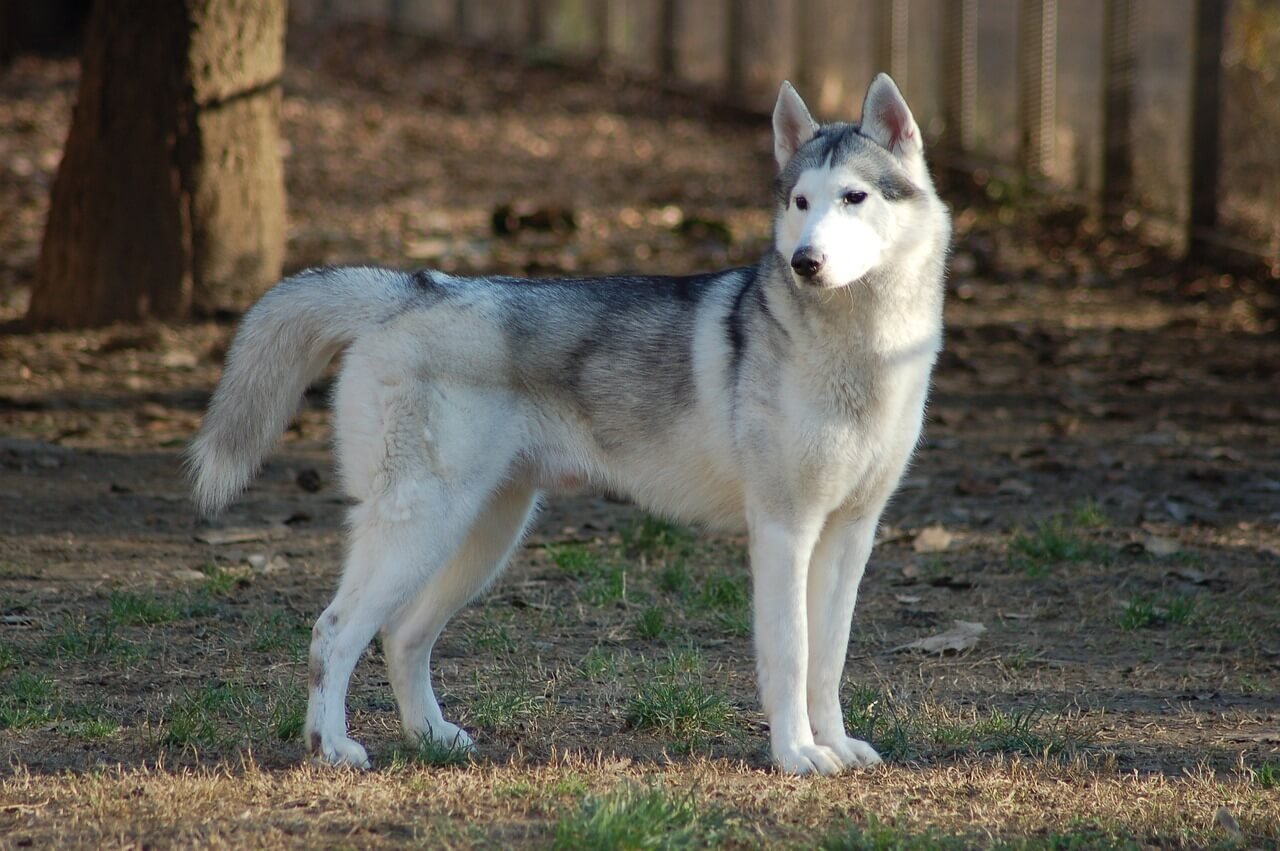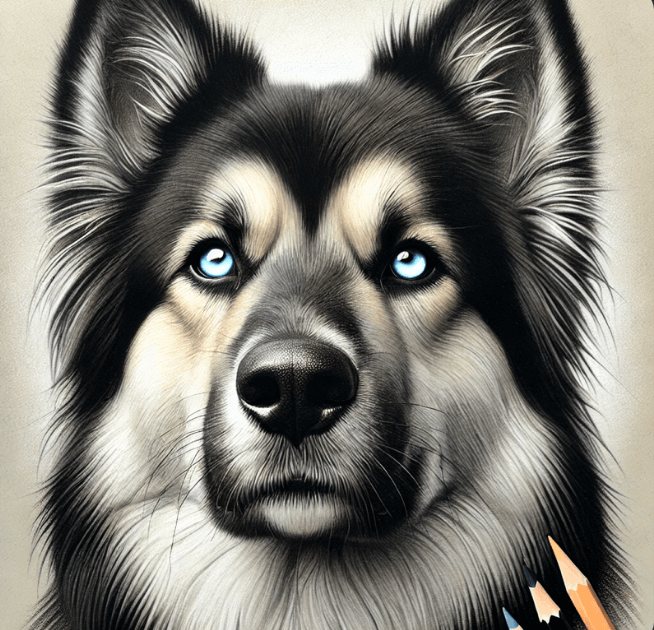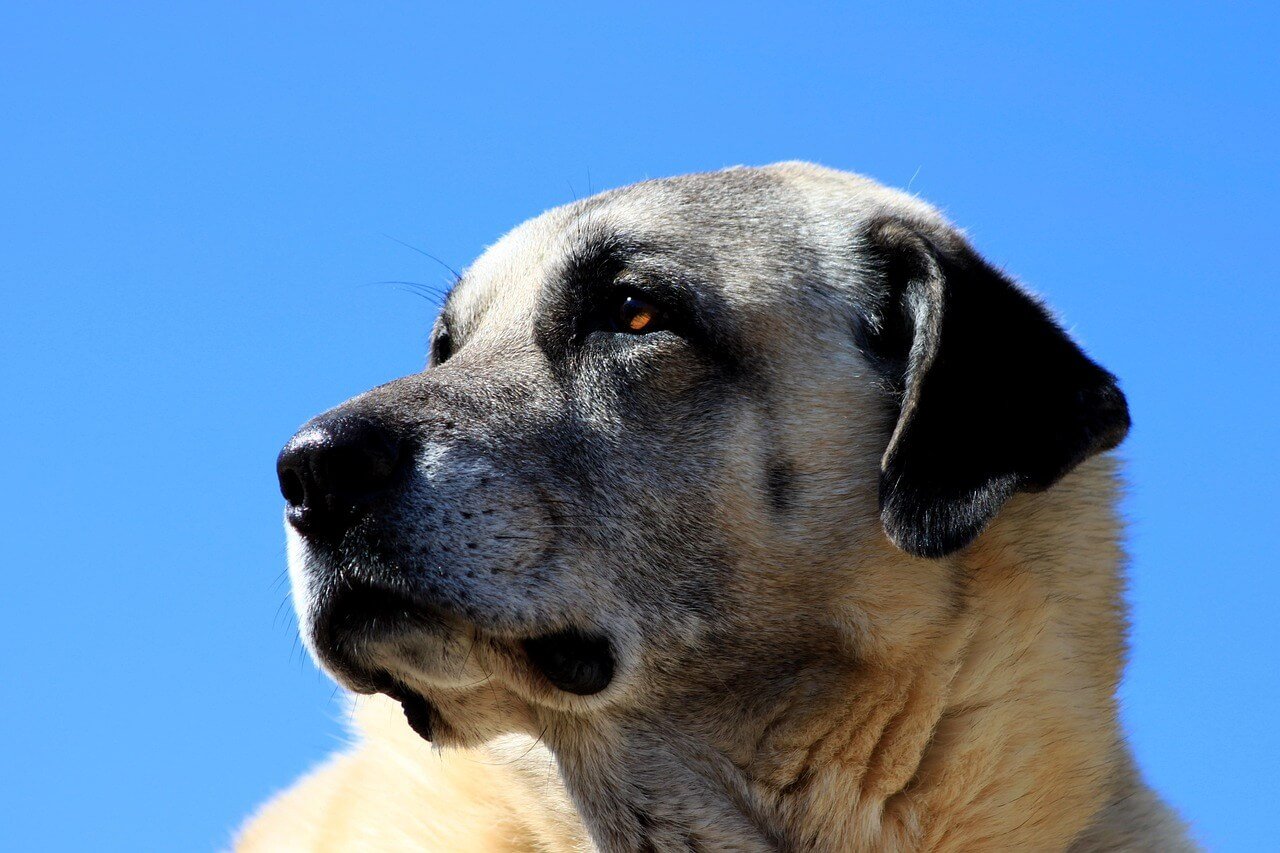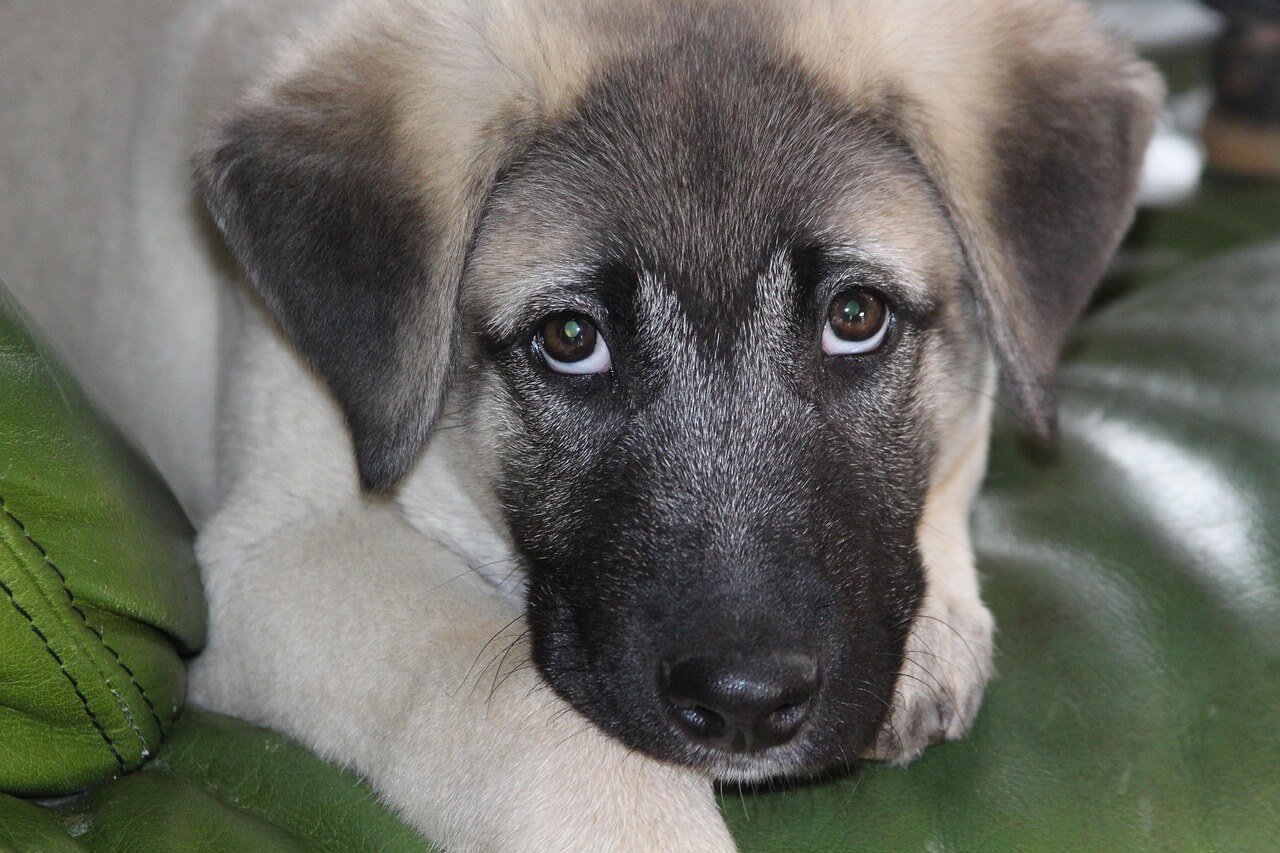Discovering the Husky Breeds: A Guide to These Majestic Companions
Husky breeds are some of the most striking, energetic, and intelligent dogs in the canine world. Known for their piercing eyes, thick coats, and wolf-like appearance, these dogs have captured the hearts of dog lovers worldwide. But what exactly makes huskies so special? From their origins as working sled dogs to their modern-day roles as beloved family pets, husky breeds are a fascinating group of dogs with unique traits and needs.
In this blog post, we’ll explore everything you need to know about husky breeds, including their characteristics, care requirements, and why they might—or might not—be the right fit for your lifestyle. Whether you’re considering adopting a husky or simply curious about these beautiful animals, this guide will provide valuable insights into their world.
Popular Husky Breeds and Their Unique Traits
While many people think of the Siberian Husky when they hear “husky,” there are actually several breeds within this category, each with its own distinct qualities. Here’s a closer look at some of the most popular husky breeds and what sets them apart:
Siberian Husky: Known for their friendly nature, striking blue or multicolored eyes, and high energy levels
Alaskan Malamute: Larger and more muscular than Siberians, with a strong work ethic and affectionate personality
Samoyed: Recognizable by their fluffy white coats and perpetual “smile,” they are gentle and social dogs
American Eskimo Dog: Smaller than traditional huskies, they are intelligent, agile, and great with families
Greenland Dog: A rare breed with exceptional endurance, originally bred for Arctic exploration
Each of these husky breeds brings something unique to the table, whether it’s their size, temperament, or working abilities. Understanding these differences can help you decide which breed aligns best with your lifestyle.
Key Characteristics of Husky Breeds
Husky breeds share several common traits that make them both endearing and challenging for potential owners. If you’re considering adding a husky to your family, it’s important to understand these defining characteristics:
High energy levels requiring plenty of exercise and mental stimulation
Independent thinkers who may challenge traditional obedience training
Double coats that shed heavily and require regular grooming
Pack-oriented behavior that thrives on companionship and social interaction
Playful and mischievous personalities that keep life exciting
These shared traits highlight why husky breeds are such dynamic companions. However, they also underscore the importance of being prepared for the responsibilities of owning one.
Check this guide 👉How Much Does a Husky Dog Cost? Best 7 Expert Tips!
Check this guide 👉The Adorable Weiner Dog Husky Mix: Best 7 Expert Tips!
Check this guide 👉White Husky Dog: Best 7 Expert Tips!
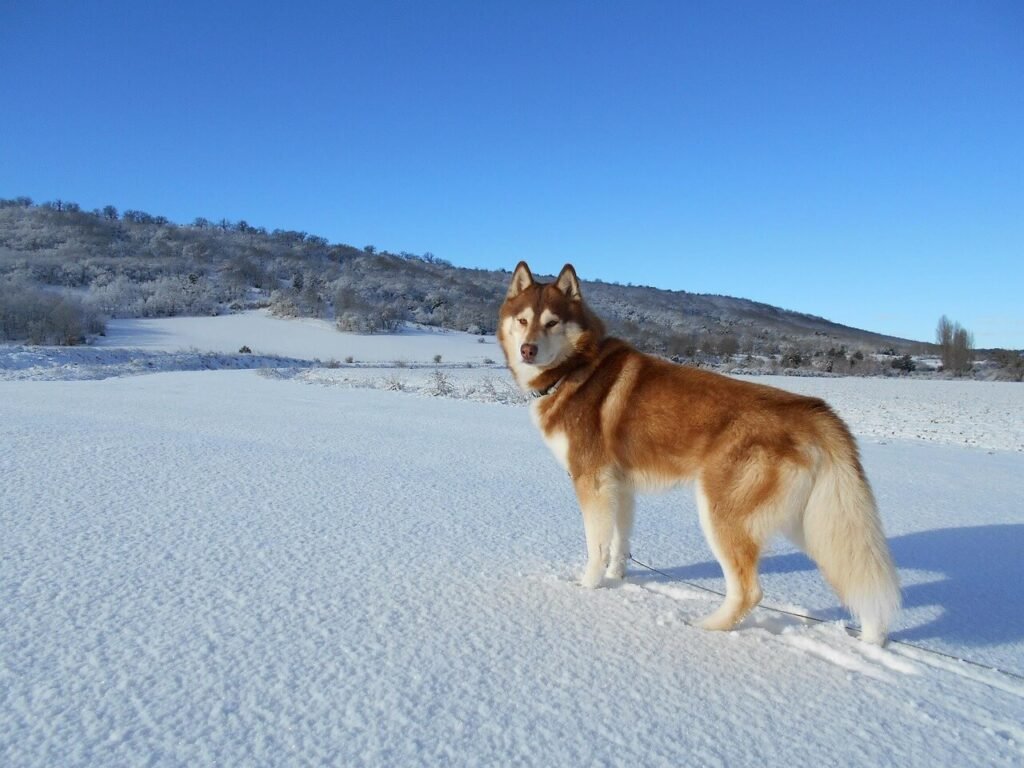
Pros of Owning a Husky Breed | Cons of Owning a Husky Breed |
|---|---|
Loyal and loving companions | High exercise and attention needs |
Striking appearance and charisma | Prone to escaping or wandering |
Great with children and families | Heavy shedding throughout the year |
Intelligent and trainable (with patience) | Can be stubborn and independent |
Thrives in cold climates | Unsuitable for hot weather |
Exercise and Mental Stimulation Needs for Husky Breeds
One of the most critical aspects of caring for a husky breed is meeting their exercise and mental stimulation requirements. Without sufficient outlets for their energy, huskies can become destructive or develop behavioral issues. Here are some ways to keep your husky happy and healthy:
Take them on long walks, runs, or hikes daily
Provide opportunities for off-leash play in secure areas
Engage them in activities like agility training or sled pulling
Use puzzle toys to challenge their problem-solving skills
Rotate toys frequently to keep them mentally engaged
Meeting these needs ensures your husky remains content and well-behaved. Remember, a tired husky is a happy husky!
Tips for Training and Socializing Husky Breeds
Training and socializing husky breeds can be rewarding but requires patience and consistency. Their independent nature means they may not always follow commands immediately, but with the right approach, they can excel. Here are some tips to guide you through the process:
Start training early to establish good habits from puppyhood
Use positive reinforcement techniques like treats and praise
Keep training sessions short and fun to maintain their interest
Expose them to different environments, people, and animals
Be firm yet gentle, avoiding harsh corrections
With dedication and understanding, you can build a strong bond with your husky while teaching them essential skills. Consistency is key to success!
Grooming Needs of Husky Breeds
Husky breeds are known for their thick, luxurious coats, which require regular grooming to keep them healthy and shiny. Proper grooming not only keeps your dog looking great but also prevents matting and skin issues. Here’s what you need to know about maintaining your husky’s coat:
Brush their fur at least 2-3 times a week to remove loose hair and prevent tangles
Use a deshedding tool during shedding seasons to manage heavy hair loss
Bathe them every 1-2 months or as needed, using a dog-friendly shampoo
Check their ears weekly for dirt or signs of infection
Trim their nails regularly to avoid overgrowth and discomfort
By staying on top of grooming, you’ll ensure your husky’s coat remains in top condition while strengthening your bond through these care routines.
Health Considerations for Husky Breeds
Like all dog breeds, huskies are prone to certain health issues that potential owners should be aware of. Understanding these conditions can help you provide the best care and catch problems early. Here are some common health concerns associated with husky breeds:
Hip dysplasia, a condition affecting joint mobility
Progressive retinal atrophy, which can lead to vision loss
Hypothyroidism, causing weight gain and lethargy
Bloat, a life-threatening condition requiring immediate attention
Skin allergies triggered by environmental or food sensitivities
Regular vet check-ups and a proactive approach to their health can help mitigate these risks. A healthy husky is a happy husky, ready to enjoy life to the fullest.
Fun Activities to Enjoy With Your Husky
Huskies are naturally adventurous and thrive on new experiences. Engaging them in fun activities not only satisfies their energy needs but also strengthens your connection. Here are some exciting ways to spend time with your husky:
Go hiking or camping in nature for a day of exploration
Try canine sports like agility, flyball, or skijoring
Play hide-and-seek games to stimulate their sense of smell
Teach them tricks or commands to challenge their intelligence
Take them swimming if they enjoy water (some huskies do!)
These activities provide both physical and mental enrichment, ensuring your husky stays entertained and fulfilled. With so many options, there’s never a dull moment when you share your life with a husky!
FAQ
Are husky breeds good for first-time dog owners?
While huskies are beautiful and intelligent, their high energy and independence can make them challenging for inexperienced owners.
Do all husky breeds have blue eyes?
No, only some Siberian Huskies have blue eyes; others may have brown, green, or heterochromatic eyes.
How much exercise do husky breeds need daily?
Most huskies require at least 1-2 hours of vigorous exercise every day to stay healthy and happy.
Are huskies good with other pets?
Huskies generally get along well with other dogs but may have a strong prey drive toward smaller animals like cats.
Can husky breeds live in warm climates?
While possible, huskies are better suited for cooler climates due to their thick double coats.
Conclusion: Is a Husky Breed Right for You?
Husky breeds are undeniably captivating, with their stunning looks and vibrant personalities. However, owning one comes with significant responsibilities, from providing ample exercise to managing their independent streaks. Before bringing a husky into your home, carefully consider whether your lifestyle aligns with their needs. If you’re ready for the commitment, a husky can bring endless joy, loyalty, and adventure to your life. These majestic dogs thrive when given love, structure, and plenty of opportunities to explore the world around them. So, if you’re prepared to embrace the challenges and rewards of husky ownership, you’ll find yourself with a truly remarkable companion by your side.
Can You Shave a Husky? Best 7 Expert Tips! Discover why shaving a Husky is not recommended, safe grooming alternatives, and expert advice to keep your furry friend cool and healthy.
German Shepherd Husky Mix: Best 7 Expert Tips! Discover essential advice on training, care, and bonding with this loyal and energetic hybrid. Perfect for active families!
Kangal Dog Size: Best 7 Expert Tips! Discover key insights into the impressive stature, care needs, and unique traits of this majestic breed. Perfect for owners!
Kangal Dog Characteristics: Best 7 Expert Tips! Discover the unique traits, temperament, and care needs of this loyal breed. Perfect for dog lovers seeking a devoted guardian!

